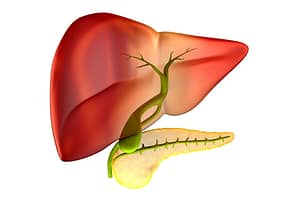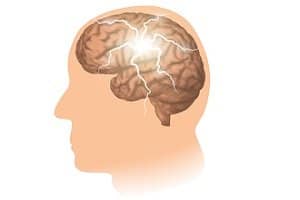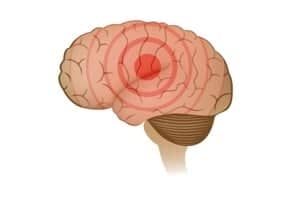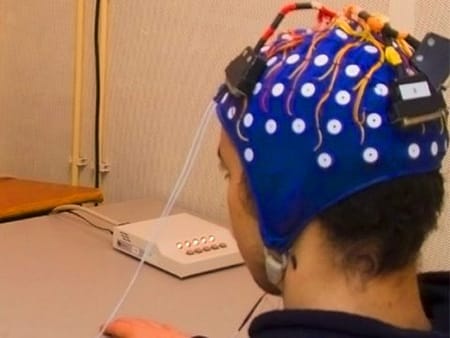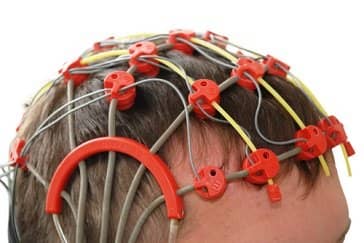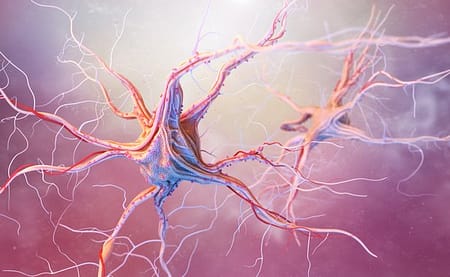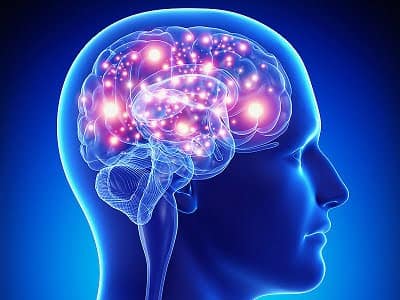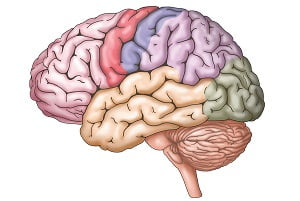Browsing: Epilepsy
Comprehensive Information, Resources, and Support on Epilepsy
What is a Seizure?
Seizures are symptoms of brain problems. A seizure is a sudden surge of electrical activity in the brain. It affects how a person appears or acts for a short period of time. The electrical activity of brain develops as a result of complex chemical changes that occur in nerve cells. Not all seizures cause convulsions.
There are two types of transmissions – excitatory and inhibitory. Excitatory transmissions involve Glutamate and GABA or Gamma amino butyric acid is the principal inhibitory neurotransmitter in the brain. A seizure occurs when there is a sudden imbalance between the excitatory and inhibitory forces within the network of neurons
The cause of epilepsy is often unknown, therefore it can’t be prevented, but the seizures due to epilepsy can be prevented. Seizures can occur for a variety of reasons. One of the common causes of seizures is epilepsy, and in most cases, seizures due to epilepsy can be prevented if you know the triggers.
Diagnosing Epilepsy
Epilepsy is generally not easy to diagnose quickly. Mostly, it cannot be confirmed until the person experiences more than one seizure. The difficulty in diagnosis is mainly because of the reason that many other conditions show similar.
The most important symptoms of epilepsy are recurrent seizures. Seizures occur because of a sudden increase of electrical activity in the brain. There is an overload of electrical activity in the brain. This causes a temporary disturbance in the neurons. There are different types of seizures …
Treatment of epilepsy is usually focused on controlling seizures. However, everyone may not be successfully treated for the condition. Sometimes, it is possible to control your epilepsy and seizures only by avoiding things that trigger your seizures …
Epilepsy is a common brain disorder that causes recurring seizures. There are many different types of epilepsy and many different kinds of seizures. Epilepsy can significantly disturb the life when seizures keep happening. In order to control seizures, doctors recommend medicine, surgery, or follow certain diet plans.
Epilepsy has no specific cause in about half of the conditions. In the other half, the condition may be traced to a variety of factors. Some types of epilepsy run in families and occur due to genetic reasons. Certain brain conditions that may cause damage to your brain can also cause epilepsy.
Anatomy and Function of Human Brain
The brain is a wonderful three-pound organ that controls all the functions of human body and interprets information from around the world. It is one of the most complex organs in our body. It is made up of more than 100 billion nerves that communicate in trillions of connections called synapses.
A research has shown the evidence of amplified health risks experienced by pregnant women with epilepsy. The research examined obstetric consequences including maternal mortality, cesarean delivery, pre-eclampsia, premature labor and stillbirth in a study of pregnant women identified through various hospitalization databases.


